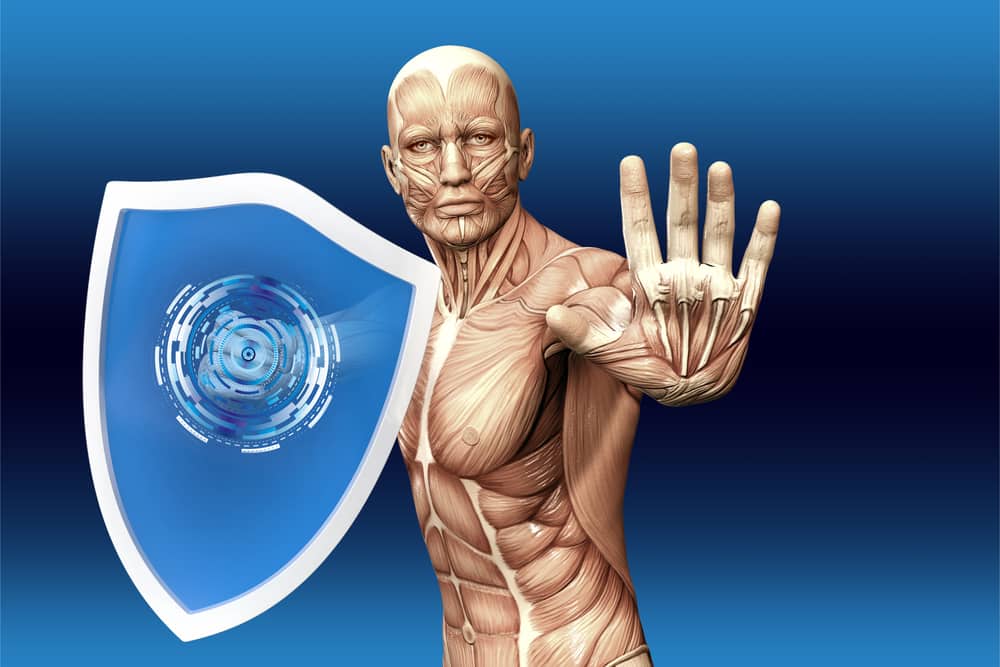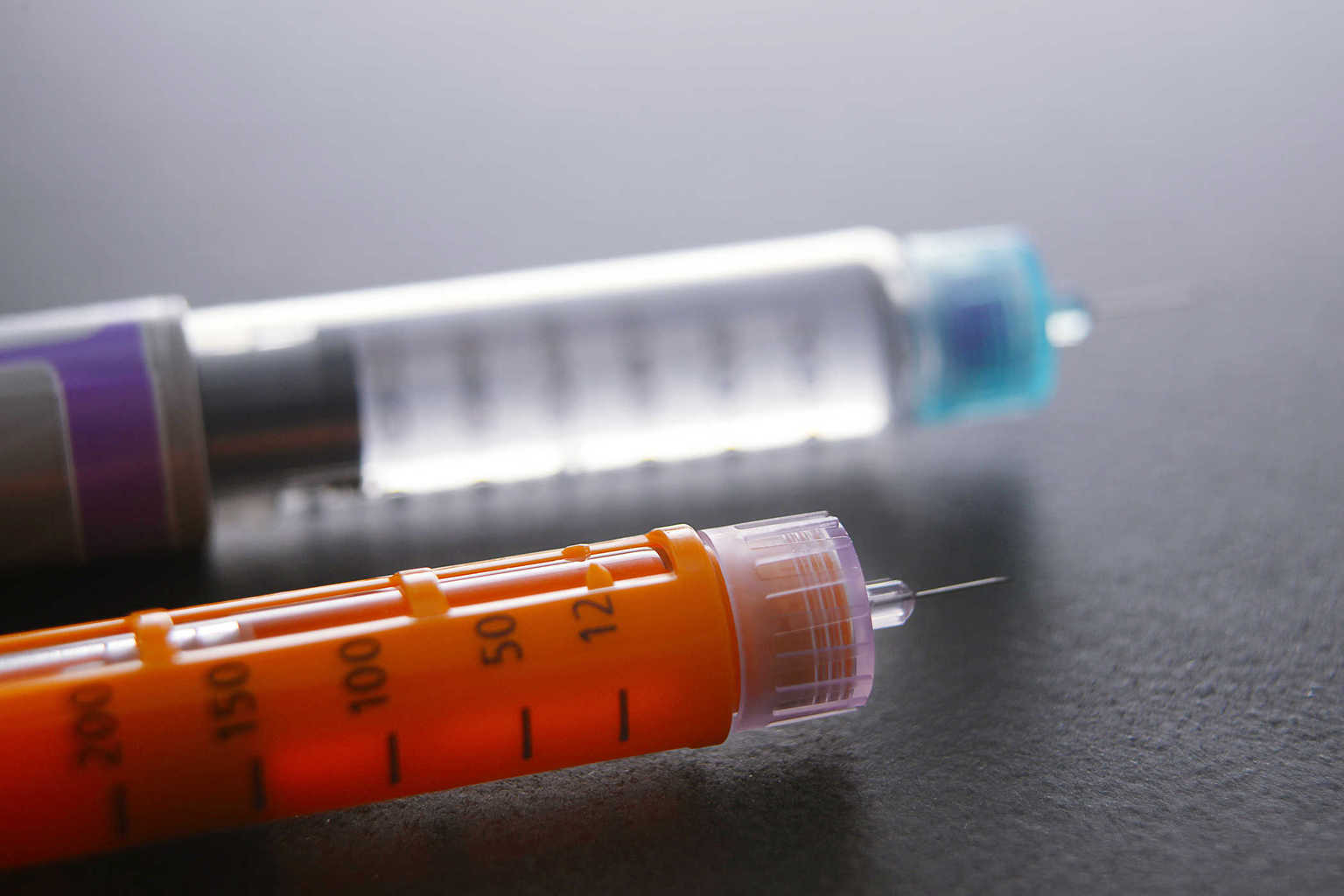Contents:
- Medical Video: The Immune System Explained I – Bacteria Infection
- How does the immune system maintain your health?
- Did you know that the human immune system is ...
- 1. Rarely wrong
- 2. The intestine works as the body's gatekeeper
- 3. The thymus gland plays an important role in the immune system
- 4. Humans can live without the spleen
- 5. Antibodies act as army forces
Medical Video: The Immune System Explained I – Bacteria Infection
The immune system is a complex system consisting of cells, tissues, and organs that work together to protect the body against disease and maintain overall health. Even so, there are many surprising things you might not know about your body's natural defense system. Check out the surprising facts about human immunity in this article.
How does the immune system maintain your health?
Through a series of steps called the body's immune response, the immune system attacks various antigens (foreign objects that enter the body) to protect the body from various diseases.
These antigens can be microbes such as bacteria, viruses, parasites, and fungi. Even other people's body tissues that enter the body - such as during organ transplants - can be considered a foreign body by your immune system, causing a body's rejection reaction.
Well, the main key to a healthy immune system is when this system is able to distinguish between yourself and foreign objects that enter the body. So, if there is a foreign object that is not recognized entering the body, then this system will carry out a self-defense process.
Did you know that the human immune system is ...
After knowing how the immune system works, here are some surprising facts about human immunity that you might not know.
1. Rarely wrong
For the majority of healthy people, the body's immune system or can also be called the immune system adapts to constantly changing and responds to new germs, be they viruses, bacteria, or parasites, every day. Continuous exposure to these germs makes the immune system continue to study germs and build strength to fight them.
However, in rare cases, people who do have chronic immune conditions such as primary immunodeficiency, their immune systems generally cannot fight germs maximally. Well, this makes them vulnerable to infection.
2. The intestine works as the body's gatekeeper
The largest part of the human immune system is in the digestive or intestinal tract. According to Dr. Katharine Woessner, specialists in allergies, asthma, and immunology, the gastrointestinal tract is part of the immune system that works hardest. This section also continues to distinguish good and bad bacteria to maintain a healthy body in general.
3. The thymus gland plays an important role in the immune system
The thymus gland is located behind the sternum, which is between the lungs, responsible for producing white blood cells or lymphocytes (T cells). Immature T cells will be sent to the thymus to ripen and become a very important part of the immune system.
This thymus gland turned out to have a golden period, namely when we were children. Once we enter puberty, these glands will shrink and slowly become fat tissue deposits. Disorders of this gland at the age of infants and children can cause the immune system to be disrupted.
4. Humans can live without the spleen
The spleen is a large and important organ of the lymphatic system. Its function is to cleanse the blood of viruses, bacteria, and other foreign objects in the body. Located behind the stomach and below the diaphragm, the spleen has many functions, including filtering damaged red blood cells and storing white blood cells for antibody production.
When the body fights infection, the spleen will temporarily expand. In theory, humans can live without a spleen, because our immune system has many ways to protect the body from pathogens.
5. Antibodies act as army forces
When the body detects germs or foreign substances that trigger the immune system response, the body makes antibodies. Once the antibody is formed, then the antibodies will remember the type of foreign substance and make resistance so that the foreign substance does not attack again. Understanding of the function of these antibodies results in vaccination methods in preventing certain diseases.
Keep in mind, so that the immune system continues to function well, don't forget to always wash your hands to prevent the spread of the disease. In addition, making healthy lifestyle changes is the most effective way to keep the immune system working optimally. Some things that can be done to maintain the immune system are by getting enough sleep, exercising regularly, eating healthy foods, and avoiding stress.












